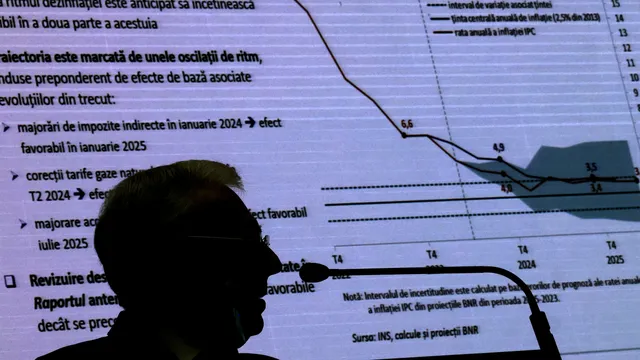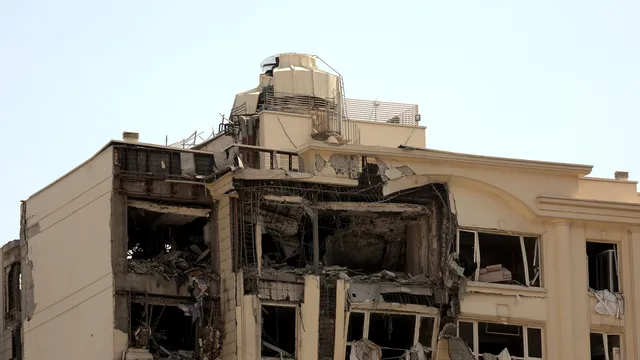The new Romanian government, made up of the country’s most pro-European politicians, is setting Bucharest up for a decisive showdown with the European Commission, while using Brussels as an excuse for a drastic package of tax increases and spending cuts – in a bid to avoid financial collapse.
Romania has spent far beyond its means over the past five years – in the words of newly elected President Nikusor Dan: “We eat a large pizza, but we only pay for a medium one” – and is expected to run a budget deficit of around 9% of GDP by 2025, the highest in the entire European Union.
This chronic lack of fiscal discipline has prompted repeated warnings from the European Commission, which new Prime Minister Ilie Bologian says can no longer be ignored. This week, EU finance ministers will vote on a tough plan that will clearly set out the steps Bucharest must take to restore order to the country’s finances.
Even before the vote on Tuesday, July 8, Bologian is pushing a bold austerity program that could hit economic growth and undermine public support for the government.
But if it doesn’t act now, the prime minister says, Romania faces the wrath of the Commission and – worse – a potential downgrade to junk status, which would trigger a financial crisis of unimaginable proportions. Bologian warned that in such a scenario, wages and pensions could be at risk if creditors lose confidence in the country.
“Access to European funds is tied to fiscal reform. Without it, we will lose them,” he said last week. “Imagine what it would mean to stop half of the current investments – highways, railways, infrastructure projects in every municipality. That would put us back in the category of countries with high investment risk. We cannot allow Romania to become a second Greece,” he added.
In an interview with Antena 3 CNN, Bologian said that the current model of governance – promising to reduce the deficit to the EU and creditors, but actually spending more and more – resembles the fable of the shepherd who lied to the wolf.
“When you often announce that something will happen, but it does not happen, there comes a point when no one believes you anymore and does not come to help you.”
“Autumn of discontent”
The fiscal crisis is testing the administration of Nicosor Dan, a centrist and former mayor of Bucharest, who was elected president in May. He defeated far-right populist Gheorghe Simion with promises to fight corruption, continue support for Ukraine and stabilize public finances.
Before the election, Dan was against increasing the VAT, but the new reform package proposed by Bolognese provides for exactly that – a significant increase in VAT, including on food, a freeze on public sector salaries and pensions, an increase in teachers’ working hours, higher excise duties on fuel, alcohol and tobacco, and a tax on gambling and bank profits.
The first wave of these measures will come into force in August, and the second on January 1, 2026. The reforms must be approved by parliament, but analysts expect the ruling four-party coalition to remain stable, so this does not appear to be a serious obstacle.
However, the public reaction is unpredictable.
“We will see the prime minister and the ruling parties lose support in the polls,” said Radu Magdin, a former government adviser and current CEO of Smartlink Communications. According to him, while large-scale unrest is not expected, mass protests are likely, especially after the next fiscal wave. “The government’s advantage is that it’s summer. The disadvantage is the autumn of discontent, which will start in September, after the holidays.”
On Tuesday, EU finance ministers will set the parameters of the reform expected by Brussels, although they will probably not have had time to fully analyze Bolognese’s latest plan. Romania will have until October 15 to present a budget that meets EU requirements for reducing the deficit.
According to Daniel Daianu, chairman of the Romanian Fiscal Council, the country must reduce the deficit to below 6.5% of GDP by 2026.
“Spending cuts and tax increases will affect economic growth, but they are inevitable,” he said in a recent presentation. | BGNES
---
Tim Ross Gregorio Sorgi, analysis for Politico

 Breaking news
Breaking news
 Europe
Europe
 Bulgaria
Bulgaria







